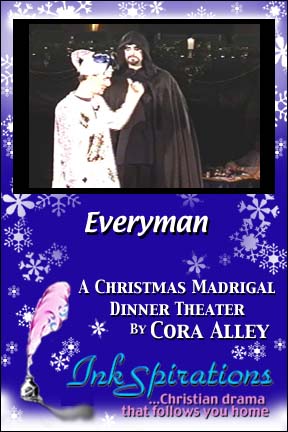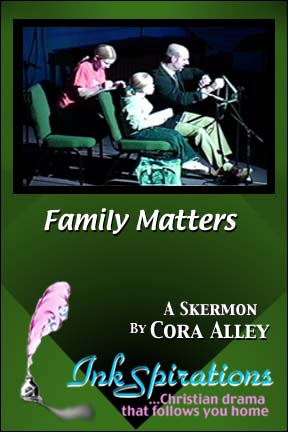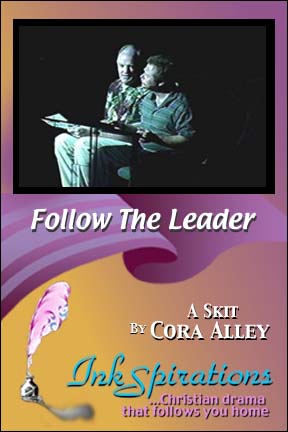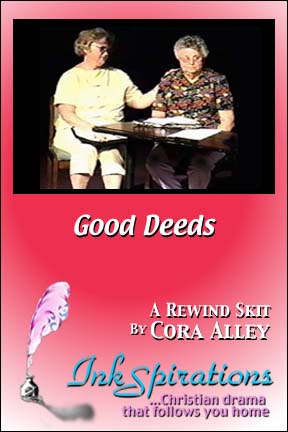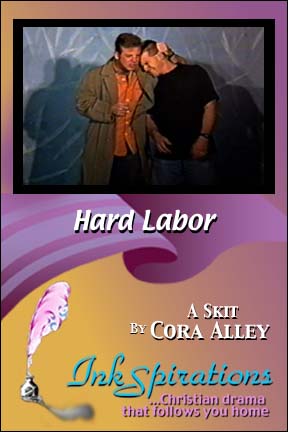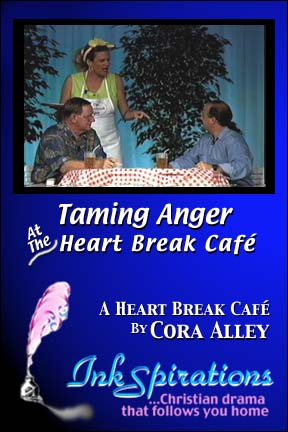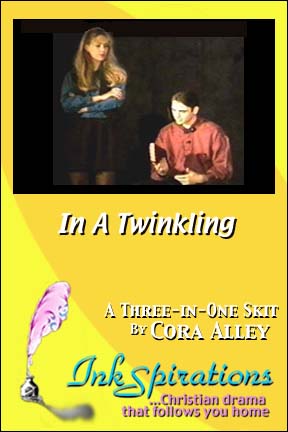-
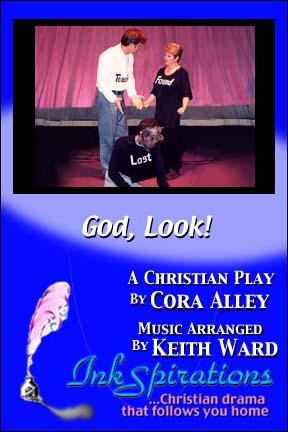 This "dream play" speaks to every person's search for significance. It follows the adventures of a new Christian, "Lost" who becomes "Found," then learns from her "Teacher," the importance of helping one "Lost" person at a time, to become "Found." She stands in awe at the simplicity of God's high call to obedience and evangelism.
This "dream play" speaks to every person's search for significance. It follows the adventures of a new Christian, "Lost" who becomes "Found," then learns from her "Teacher," the importance of helping one "Lost" person at a time, to become "Found." She stands in awe at the simplicity of God's high call to obedience and evangelism. -
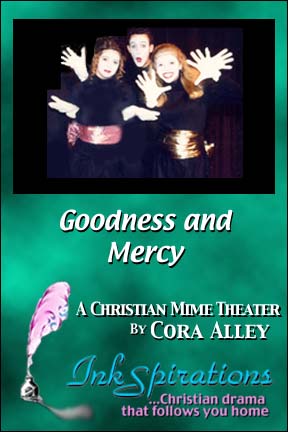 This Christian Mime Theater skit reminds us that God promises to surround us with goodness and cloak us in His mercy in every circumstance of our lives, even in the valleys. It is an excellent sermon illustration to remind believers that Jesus is the "Good Shepherd," who provides rest and safety to us, His sheep.
This Christian Mime Theater skit reminds us that God promises to surround us with goodness and cloak us in His mercy in every circumstance of our lives, even in the valleys. It is an excellent sermon illustration to remind believers that Jesus is the "Good Shepherd," who provides rest and safety to us, His sheep. -
 This surrealistic "dream play" creates a visual picture of "growing up," in a child's mind, by connecting good choices to stepping up the ladder and bad choices to sliding down it. It is an excellent tool to show children the results of their choices and makes a wonderful outreach into the public schools for youth groups.
This surrealistic "dream play" creates a visual picture of "growing up," in a child's mind, by connecting good choices to stepping up the ladder and bad choices to sliding down it. It is an excellent tool to show children the results of their choices and makes a wonderful outreach into the public schools for youth groups.

